The role played by alternative splicing in antigenic variability in
Por um escritor misterioso
Last updated 29 março 2025
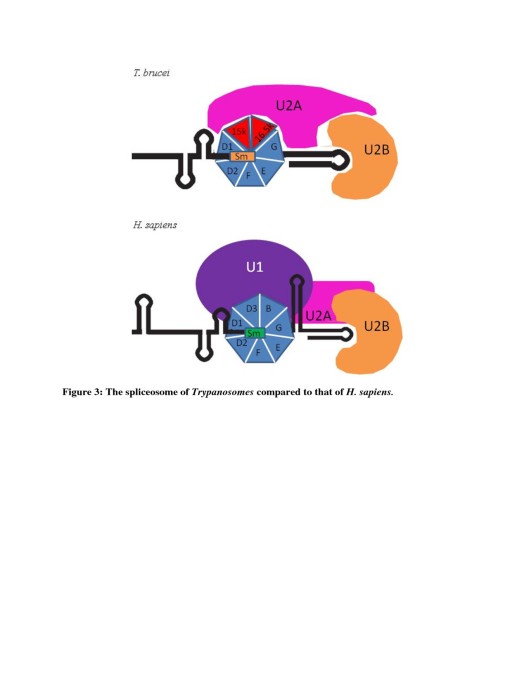
Endo-parasites that affect humans include Plasmodium, the causative agent of malaria, which remains one of the leading causes of death in human beings. Despite decades of research, vaccines to this and other endo-parasites remain elusive. This is in part due to the hyper-variability of the parasites surface proteins. Generally these surface proteins are encoded by a large family of genes, with only one being dominantly expressed at certain life stages. Another layer of complexity can be introduced through the alternative splicing of these surface proteins. The resulting isoforms may differ from each other with regard to cell localisation, substrate affinities and functions. They may even differ in structure to the extent that they are no longer recognised by the host’s immune system. In many cases this leads to changes in the N terminus of these proteins. The geographical localisation of endo-parasitic infections around the tropics and the highest incidences of HIV-1 infection in the same areas, adds a further layer of complexity as parasitic infections affect the host immune system resulting in higher HIV infection rates, faster disease progression, and an increase in the severity of infections and complications in HIV diagnosis. This review discusses some examples of parasite surface proteins that are alternatively spliced in trypanosomes, Plasmodium and the parasitic worm Schistosoma as well as what role alternate splicing may play in the interaction between HIV and these endo-parasites.

Aire‐dependent transcripts escape Raver2‐induced splice‐event
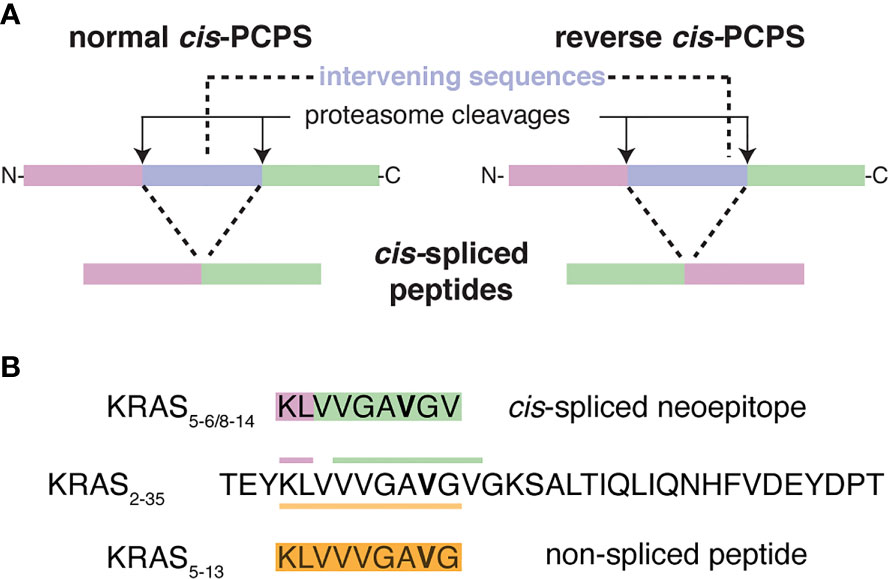
Frontiers Response: Commentary: An In Silico–In Vitro Pipeline

Immunology Driven by Large-Scale Single-Cell Sequencing: Trends in

RNA Dysregulation: An Expanding Source of Cancer Immunotherapy
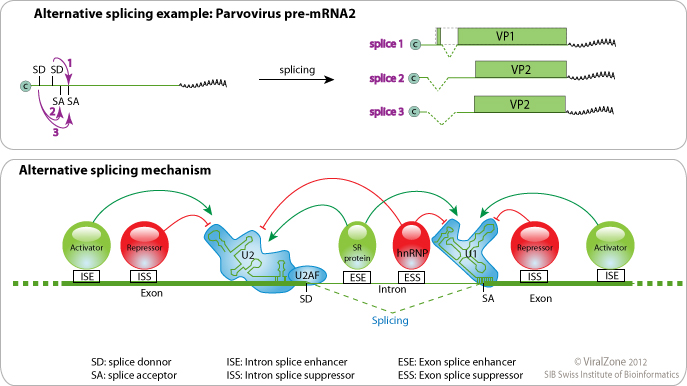
mRNA splicing ~ ViralZone

Identification of prognostic and bone metastasis‐related

Functional Assays Reclassify Suspected Splice-Altering Variants of
Full article: Alternative splicing in multiple sclerosis and other
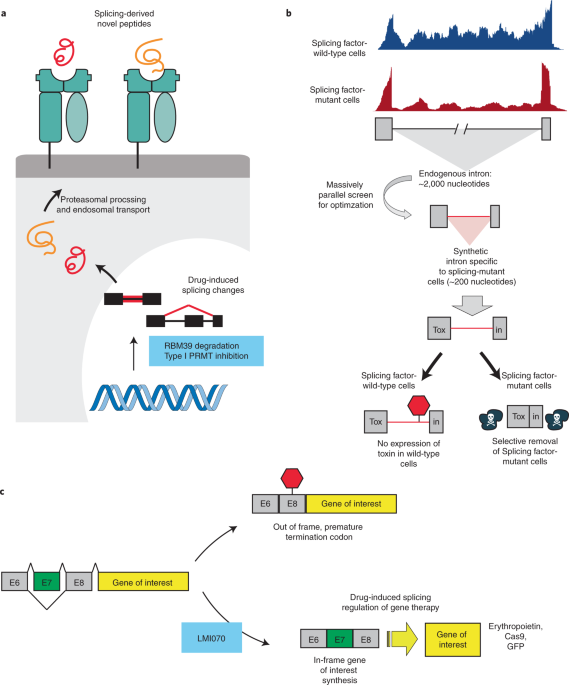
Dysregulation and therapeutic targeting of RNA splicing in cancer

Impact of Respiratory Syncytial Virus Infection on Host Functions

Immunoglobulin class switching - Wikipedia

Single-cell and long-read sequencing to enhance modelling of
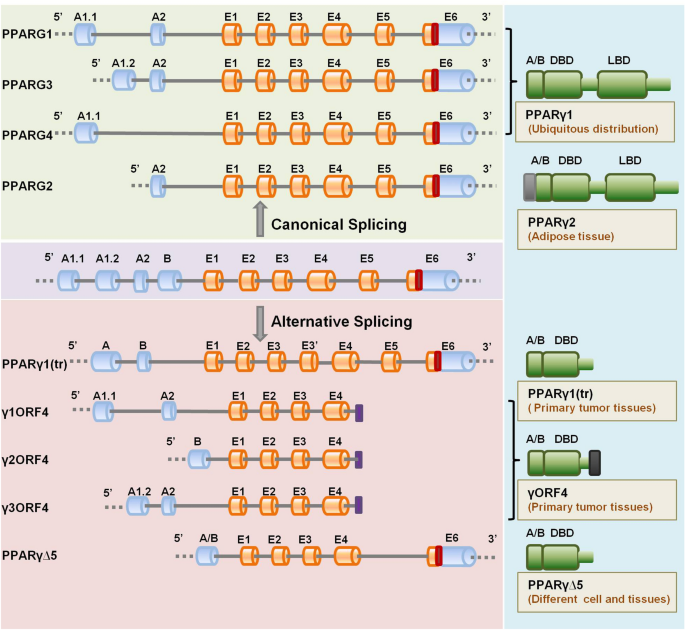
Regulatory roles and mechanisms of alternative RNA splicing in
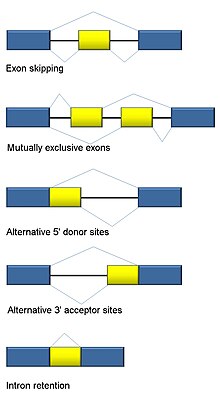
Alternative splicing - Wikipedia
Recomendado para você
-
 SWITCHBLADE Skull-T – Nomad Cigars29 março 2025
SWITCHBLADE Skull-T – Nomad Cigars29 março 2025 -
Pair of Swan Candlesticks by Matthew Hilton, England, 198029 março 2025
-
 Plague Doctor Couple Poster for Sale by vblue-art29 março 2025
Plague Doctor Couple Poster for Sale by vblue-art29 março 2025 -
Dee Nichols on LinkedIn: JOIN US TO RIDE TO MAKE A DIFFERENCE29 março 2025
-
 3581 Norton Ave APT 4, Lynwood, CA 9026229 março 2025
3581 Norton Ave APT 4, Lynwood, CA 9026229 março 2025 -
 PTFE Fabric Curbell Plastics29 março 2025
PTFE Fabric Curbell Plastics29 março 2025 -
![SCP-1802 Skip Safe [SCP Document Reading]](https://i.ytimg.com/vi/_MrjFAe3aq0/maxresdefault.jpg) SCP-1802 Skip Safe [SCP Document Reading]29 março 2025
SCP-1802 Skip Safe [SCP Document Reading]29 março 2025 -
🦃 Gobbling Turkey Snood29 março 2025
-
 NEW IFM OBF-FAKG/T/US-OBF500 FIBER-OPTIC AMPLIFIER29 março 2025
NEW IFM OBF-FAKG/T/US-OBF500 FIBER-OPTIC AMPLIFIER29 março 2025 -
 4th of July Fireworks in Lake Mills - Enjoy Jefferson County29 março 2025
4th of July Fireworks in Lake Mills - Enjoy Jefferson County29 março 2025
você pode gostar
-
 Deca-Dence, Drifting Dragons, ID: Invaded, BNA, Demon Slayer29 março 2025
Deca-Dence, Drifting Dragons, ID: Invaded, BNA, Demon Slayer29 março 2025 -
 Tensei shitara Slime Datta Ken 2nd Season Part 229 março 2025
Tensei shitara Slime Datta Ken 2nd Season Part 229 março 2025 -
 Kohl's kicks off summer internship program, one of retailer's most29 março 2025
Kohl's kicks off summer internship program, one of retailer's most29 março 2025 -
 Youll need at least eight more lives to indulge in these gourmet hotdogs #food #meal #foods #healthyfood #keto29 março 2025
Youll need at least eight more lives to indulge in these gourmet hotdogs #food #meal #foods #healthyfood #keto29 março 2025 -
![PDF] Multivariate cube integrated retinal variable to visually](https://d3i71xaburhd42.cloudfront.net/c9dcd7f4c66c1997c516aaf7c55af37f4bdb04a6/2-Table1-1.png) PDF] Multivariate cube integrated retinal variable to visually29 março 2025
PDF] Multivariate cube integrated retinal variable to visually29 março 2025 -
.jpg) Wahbiang, THE WAHBIANG BLOG29 março 2025
Wahbiang, THE WAHBIANG BLOG29 março 2025 -
Sebastián Gonda (@seebagonda) • Instagram photos and videos29 março 2025
-
My Hero Academia: Heroes Rising - Movies on Google Play29 março 2025
-
 COMO ASSISTIR GLEIPNIR DUBLADO COMPLETO ONLINE (Ep 1 e outros da29 março 2025
COMO ASSISTIR GLEIPNIR DUBLADO COMPLETO ONLINE (Ep 1 e outros da29 março 2025 -
 Lander - Ref: 34 - Jogo de Damas29 março 2025
Lander - Ref: 34 - Jogo de Damas29 março 2025


